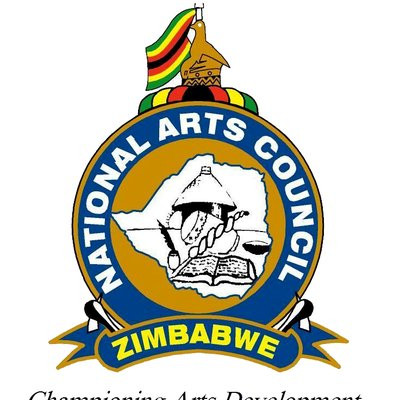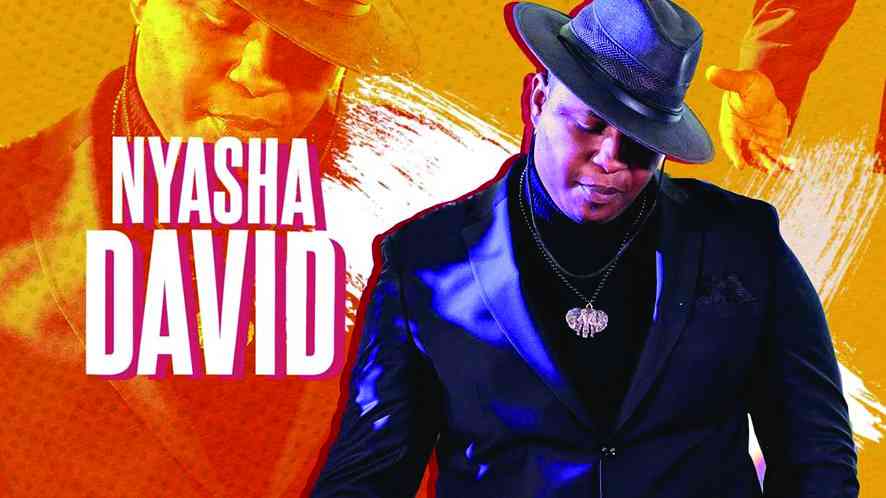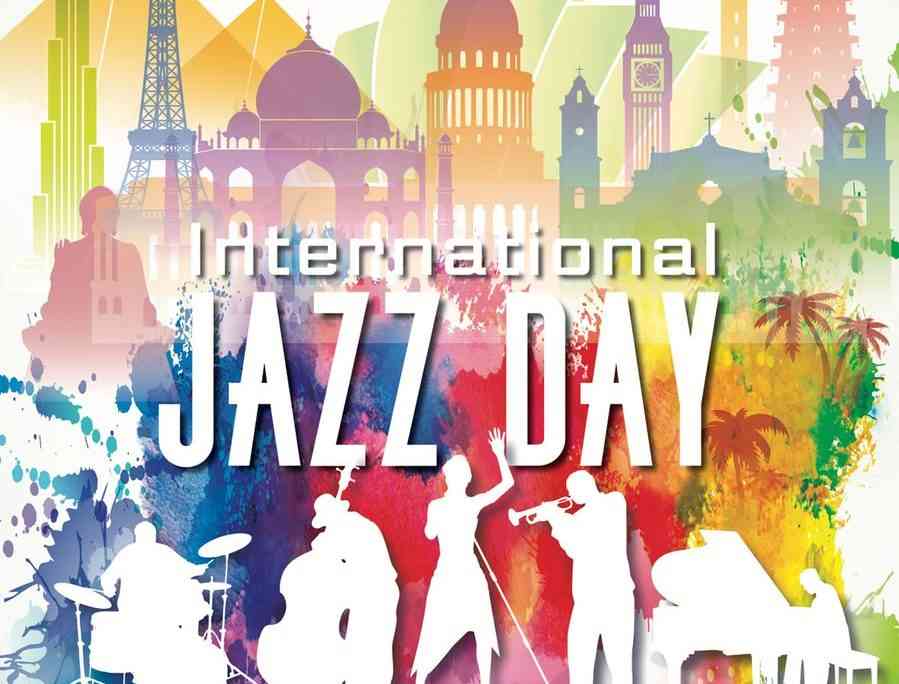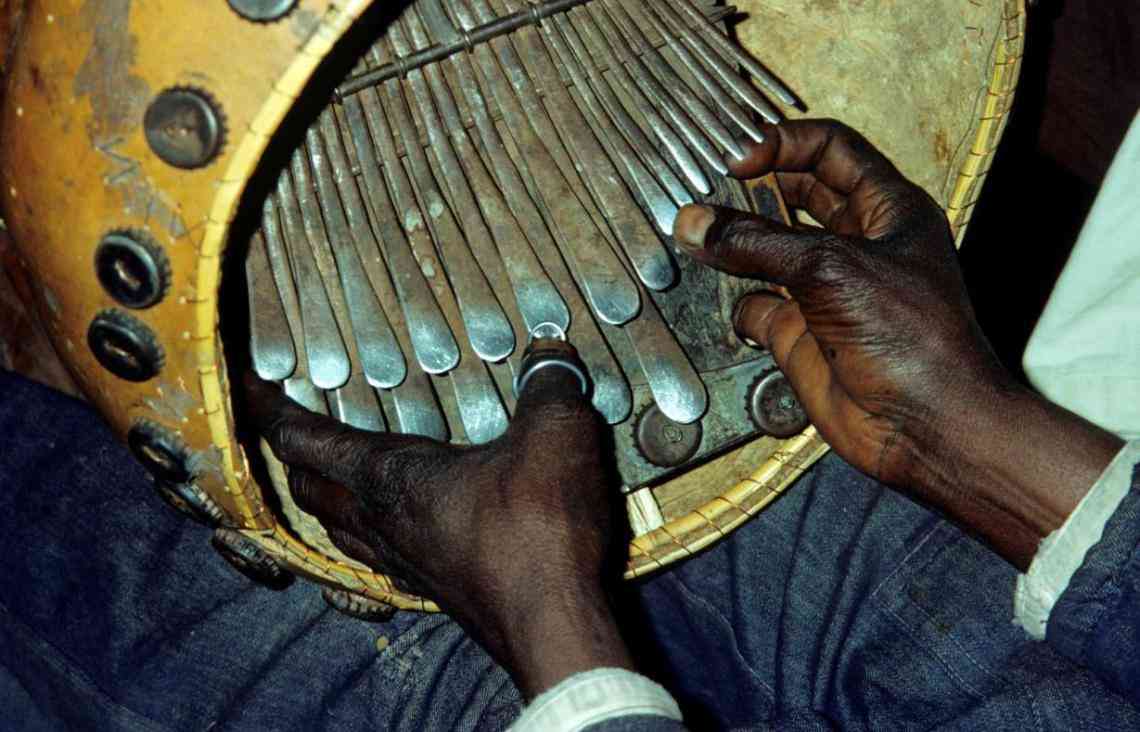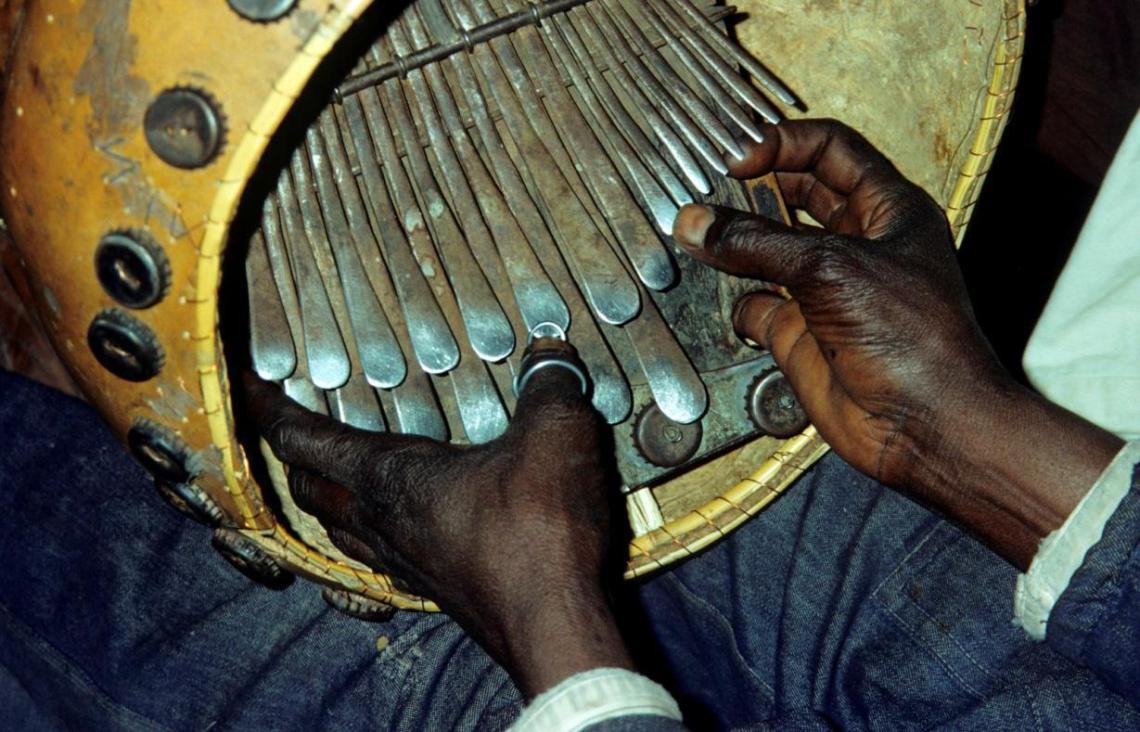
The Zimbabwe Mbira Festival scheduled for December 8 has become a major highlight of the traditional music sub-sector. NewsDay (ND) Life & Style correspondent Tendai Sauta speaks to the organiser, Albert Chimedza, about the festival and other related issues. Here are the excerpts from the interview.
Sneak Peek: Tendai Sauta
ND: Can you provide us with a background of the Zimbabwe Mbira Festival?
AC: The festival is an initiative by the Mbira Centre. The concept started many years ago and officially concretised when we named the event the Zimbabwe Mbira Festival. ND: When was the centre established and what was the idea behind it?
AC: Six years ago the festival was formally established as a festival designed to create greater mbira appreciation and awareness at home and abroad. A second objective was to provide the mbira community with a platform at which mbira professionals can network, and showcase their talent and products to peers and prospective clients. A third objective was to create a platform for engaging with educational institutions through the creation of an inter schools festival.
ND: Why are you holding the festival in December rather than the traditional month of September?
AC: The festival is usually held during Mbira month, September, a month dedicated to mbira events, mbira awareness and mbira appreciation at home, abroad and online since 2011. This year’s edition of the festival was postponed to December due to the cholera outbreak that occurred at the time the festival was scheduled to take place.
ND: And who are your main partners?
- Chamisa under fire over US$120K donation
- Mavhunga puts DeMbare into Chibuku quarterfinals
- Pension funds bet on Cabora Bassa oilfields
- Councils defy govt fire tender directive
Keep Reading
AC: The main partners are Mukuvisi Woodlands and the National Arts Council of Zimbabwe. We have another significant partner, whose identity I am not at liberty to disclose at present. I should be able to do so in the next few days.
ND: Is there any particular reason why you chose “Our Mbira Our Heritage” as the theme for this year’s festival?
AC: Mbira has been a part of our cultural heritage for about a thousand years. As such it should be the pillar of our cultural, educational and economic life. Unfortunately, not much is being done at state, institutional and corporate levels to reflect the mbira’s actual significance to our national identity. Our theme is simply trying to highlight this reality and to celebrate that reality.
ND: Who has been performing at the festival for the past years and what new ideas is the festival bringing?
AC: It would be unfair to single out particular groups that have performed at the festival over the years. However, the festival has attracted participants including schools, colleges and mbira professionals from as far and wide as Bulawayo, Masvingo, Uzumba, Maramba and Pfungwe, the Midlands and of course Harare and its satellite communities.
ND: To date the festival has been exclusively sponsored by the Mbira Centre. What can you say about that?
AC: This gave us the freedom to determine the festival’s trajectory unencumbered by the demands of benefactors. Now that our vision is much clearer, we feel confident enough to invite like-minded business partners and well-wishing benefactors to help us move the festival to the next level.
ND: Are there any plans to turn commercial?
AC: We are working at developing the festival into a self-sustaining brand that clearly has commercial interests and opportunities for ourselves and our partners. We have come to realise that we can only achieve true independence if the festival has commercial prospects for ourselves, our partners and most importantly, for mbira professionals.
ND: How is the festival formatted?
AC: This year, the festival is organised in three sections. From 10am to about 1pm, we will have a Mbira Open Mic session for children of up to 15 years. This is to give them the confidence to perform in public and for audiences to have an opportunity to see the potential of mbira development in children of school going age.
ND: School children will be on holiday in December. What does this mean?
AC: Because of this year’s change in festival dates, the festival will take place during the school holidays. This means that formal participation by schools will not be possible as the schools will be closed for the holidays. We hope that parents will encourage their children to attend and participate.
ND: And how will this affect your programmes going forward?
AC: From next year on, the inter-schools festival will be held earlier in the year to accommodate school calendars. This means that we will have two festivals. An inter-schools festival earlier on in the year. The main festival will be held during Mbira month in September and will be dedicated to adult performers and mbira professionals.
ND: Given the current economic hardships in the country, what is the plan with regards to payment?
AC: Entry to the festival is free for all activities taking place until 6pm. We though it a nice idea for families to attend an event where they did not have to worry about paying. We hope to offset some of the loss of revenue by inviting companies and entrepreneurs to partner or rent stalls and advertising space for the promotion, branding and sales of their products and services. In the evening concert will have an admission fee of $5. It will be an evening dedicated to honouring and celebrating the lives and work of the original members of Mbira dzeNharira and to publicly acknowledge their immense contributions to mbira practice and performance over more than two decades.
ND: Mbira is now widely taught in schools and colleges. Have there been any synergies with educational institutions?
AC: In past years we have had support from Midlands State University, Great Zimbabwe University, Morgan Zintec, College of Music and Mkoba Teachers colleges and many schools in and outside Harare. We hope to consolidate this relationship next year when the inter-schools festival becomes a stand-alone festival.



